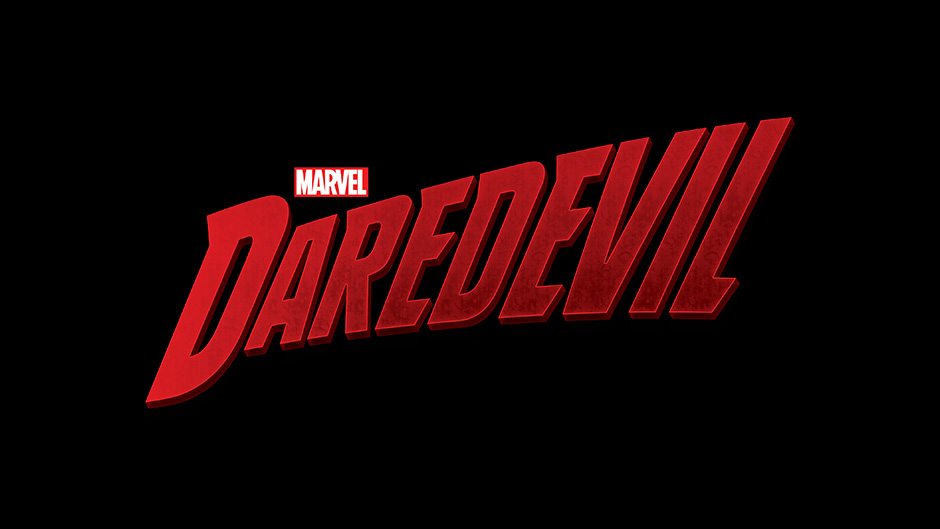The problems with a TV shared universe
Netflix is the latest company to jump on the shared universe craze, premiering their street-level superhero crossover The Defenders later this year. But Iron Fist’s recent critical mauling has called into question the demands of having to complete four different series and how a small-screen shared universe may have difficulties repeating the success of its cinematic counterpart The Avengers.

Krysten Ritter plays Jessica Jones, one fourth of the Defenders. Credit: Jana Lynn French/Peabody Awards, flickr
Given how The Defenders unites not only the core characters of Daredevil, Jessica Jones, Luke Cage and Iron Fist, but also seemingly all their supporting characters such as Elektra and Hogarth, for viewers to be completely informed of the many characters, backstories, relationships and previous events they will ideally have completed Netflix’s offerings so far. That is no mean feat – considering that Daredevil is two seasons deep already, that amounts to roughly a whopping 54 hours of television necessary to be up to date by the time The Defenders rolls around, a staggering amount especially considering how many of the series could have benefitted from fewer episodes and a tighter story. With a second season of The Defenders and each of the individual series almost inevitable, this is a problem that is only going to get worse.
This is a problem increasingly faced by the cinematic Marvel continuity also, as Marvel Studios prepares to release its fifteenth(!) film within its shared universe in May this year. Of course, this requires far less time commitment for each release, which can be somewhat of a relief for lesser entries such as Thor: The Dark World. However, this is not a comfort for the Netflix shows, particularly Iron Fist – with a Rotten Tomatoes score of 14% viewers will have to choose between committing to thirteen episodes of a sub-par television show or risk missing plot points and introductions that could be relevant in the upcoming crossover.
This disadvantages The Defenders already, being weighed down by the character of Iron Fist for viewers who are less invested in him or simply gave up on his series, and places pressure on the show to improve his reception. Indeed, Iron Fist may have fared much better critically had it been given more time and not had to meet release dates in time for The Defenders, another drawback of the shared universe craze.
Viewers will have to choose between committing to thirteen episodes of a sub-par television show or risk missing plot points and introductions that could be relevant in the upcoming crossover.
Nevertheless, there are of course benefits to such a crossover that should not be ignored. Pre-Iron Fist the Marvel Netflix shows have all been critical hits and their many hours of content are largely a joy to stream, and given the Netflix platform and today’s bingeing culture entire seasons can be devoured within days. Much like The Avengers, by the time The Defenders drops this summer the audience will be familiar with the wide variety of characters and indeed the high episode number means they are mostly quite well developed. While Iron Fist may be the weakest link and threaten to pull The Defenders down with it, The Defenders still has every chance of success after this misstep and may even improve upon the Iron Fist character, and could serve as a lesson to shared universes expecting viewers to see every instalment.

Comments